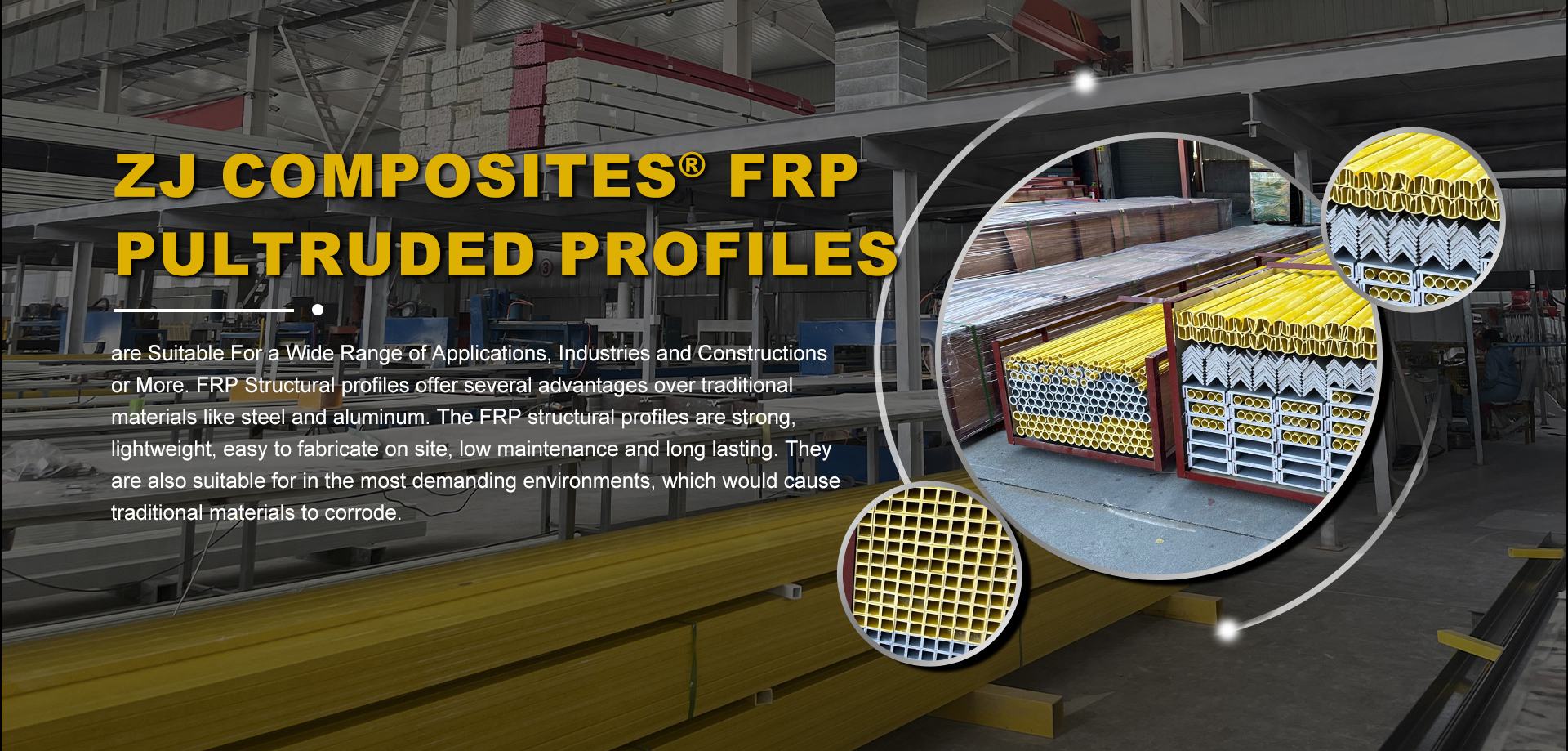loading...
- No. 9, Xingyuan South Street, Dongwaihuan Road, Zaoqiang County, Hengshui, Hebei, China
- admin@zjcomposites.com
- +86 15097380338
- Welcome to visit our website!
Innovative Applications of Fiber-Reinforced Plastics in Tank and Vessel Manufacturing for Enhanced Durability
Fibre Reinforced Plastic Tanks and Vessels A Comprehensive Overview
Fibre Reinforced Plastic (FRP) tanks and vessels have emerged as pivotal components in various industries, including chemical processing, water treatment, and pharmaceuticals. Their unique properties, including high corrosion resistance, lightweight construction, and durability, make them an ideal choice compared to traditional materials like steel and concrete. This article delves into the characteristics, benefits, applications, and future prospects of FRP tanks and vessels.
What is Fibre Reinforced Plastic?
Fibre Reinforced Plastic refers to composite materials made by combining a polymer matrix with reinforcing fibres, typically glass, carbon, or aramid. This combination results in materials with exceptional tensile strength and increased durability, making them suitable for handling aggressive chemicals and environmental conditions. The manufacturing process involves layering fibres in a specific orientation, allowing for customization of strength properties according to different applications.
Key Properties of FRP Tanks and Vessels
1. Corrosion Resistance One of the standout features of FRP is its resistance to corrosion, particularly in environments where traditional materials would succumb to degradation. This resistance extends the lifespan of tanks and vessels significantly and ensures they maintain structural integrity in harsh conditions.
2. Lightweight FRP is considerably lighter than metals such as steel and aluminum. This characteristic simplifies installation and reduces transportation costs, making it an attractive option for projects with stringent weight limitations.
3. Customizable Design FRP can be molded into complex shapes, allowing for tailored solutions that meet specific application needs. This flexibility in design can lead to more efficient use of space and resources.
5. Low Maintenance Requirements Due to their resistance to corrosion and chemical attack, FRP tanks and vessels typically require less maintenance than traditional counterparts, translating to lower lifecycle costs.
fibre reinforced plastic tanks and vessels

Applications of FRP Tanks and Vessels
FRP tanks and vessels are used in an array of industries.
- Chemical Processing They are extensively utilized for storing corrosive chemicals and reactive substances, where traditional materials would fail.
- Water and Wastewater Treatment FRP vessels are commonly used to hold processing tanks, clarifiers, and digesters, thanks to their ability to resist chemical exposure and withstand harsh environmental conditions.
- Food and Beverage In these sectors, FRP is employed to store ingredients safely, as it does not leach harmful substances, ensuring product integrity.
- Pharmaceuticals The medical industry relies on FRP due to its clean surfaces and resistance to biofouling, crucial for preventing contamination.
Future Trends
The demand for FRP tanks and vessels is expected to rise, driven by the growing awareness of the environmental benefits associated with these materials. As industries strive for sustainability, FRP's potential for reuse and recyclability could make it a favored choice. Furthermore, advancements in material science and manufacturing techniques are anticipated to enhance the mechanical properties and reduce production costs, making FRP even more accessible for various applications.
Conclusion
Fibre Reinforced Plastic tanks and vessels represent a significant advancement in material engineering, showcasing characteristics that address modern industrial challenges. Their corrosion resistance, lightweight nature, and low maintenance requirements position them as an optimal choice for numerous applications. As the industries continue to evolve, the adoption of FRP solutions is likely to grow, paving the way for more innovative uses and improved environmental stewardship.
-
GRP Structures: The Future of Lightweight, High-Performance EngineeringNewsJun.20,2025
-
FRP Water Tank: High-Performance Storage for Corrosive and Clean Water SystemsNewsJun.20,2025
-
FRP Square Tube: The New Industry Standard for Chemical and Structural ApplicationsNewsJun.20,2025
-
FRP Pultruded Profiles: The Ultimate Choice for Lightweight Structural StrengthNewsJun.20,2025
-
FRP Handrails: The Safer, Smarter, and Stronger Choice for Modern InfrastructureNewsJun.20,2025
-
FRP Grating: The Smart Solution for Durable, Lightweight Industrial FlooringNewsJun.20,2025
-
Why Choose a Galvanized Water Tank for Your Storage NeedsNewsMay.21,2025
